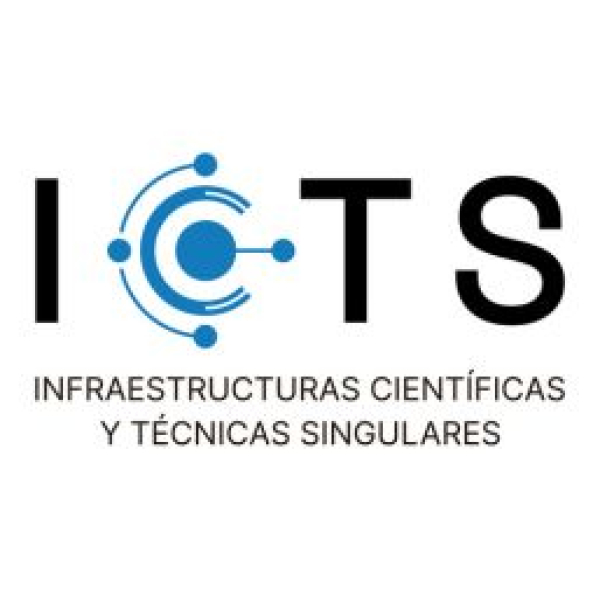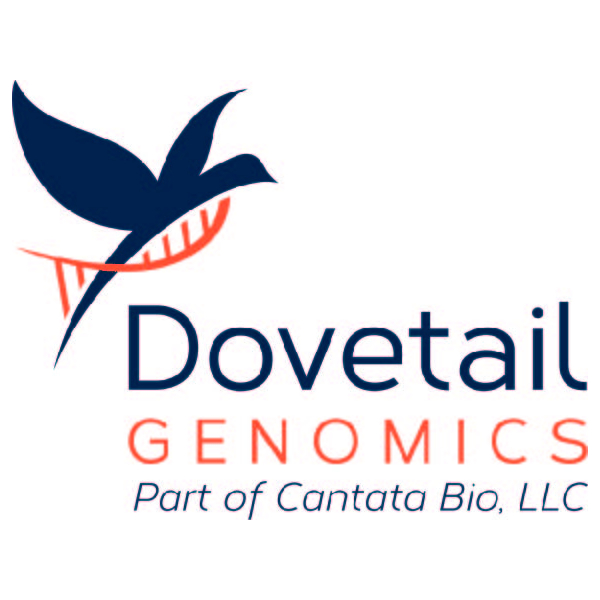"Menys Rares" is an exhibition on the research in rare diseases organized by the Associació Catalana de Comunicació Científica (ACCC) and supported by the CNAG and the Centro de Investigación Biomédica en Red de Enfermedades Raras (CIBERER). The exhibition will stay at the Biblioteca Sagrada...
Barcelona, March 2014.- A selection committee, comprised of CNAG members and external referees, has evaluated the proposals submitted to the 2013 CNAG CALL: 300 EXOMES TO ELUCIDATE RARE DISEASES. The program will provide free-of-charge Whole Exome Sequencing and Bioinformatic analysis to the...
The CNAG is one of 148 partners of the Global Alliance for Genomics and Health (GA4GH), an alliance of the world’s leading biomedical research institutions, healthcare providers, information technology and life science companies, funders of...
The CNAG has successfully completed Illumina CSPro™ certification for sequencing, gaining entry to an elite group of Illumina genomics providers globally. Illumina provides leading-edge genetic analysis tools to genomics centers worldwide.
Illumina CSPro is the collaborative provider partnership...
The European Research Council (ERC) has just announced today the results of their Synergy Grants call for proposals. This call is addressed at scientific projects carried out by different interdisciplinary groups of researchers tackling issues at the forefront of knowledge, new areas of research,...
The READNA consortium, coordinated by the director of the CNAG Ivo Gut, has been awarded with the “Stars of Europe” prize by the French Ministry of Higher Education and Research. This award recognizes 12 successful projects led by...

















